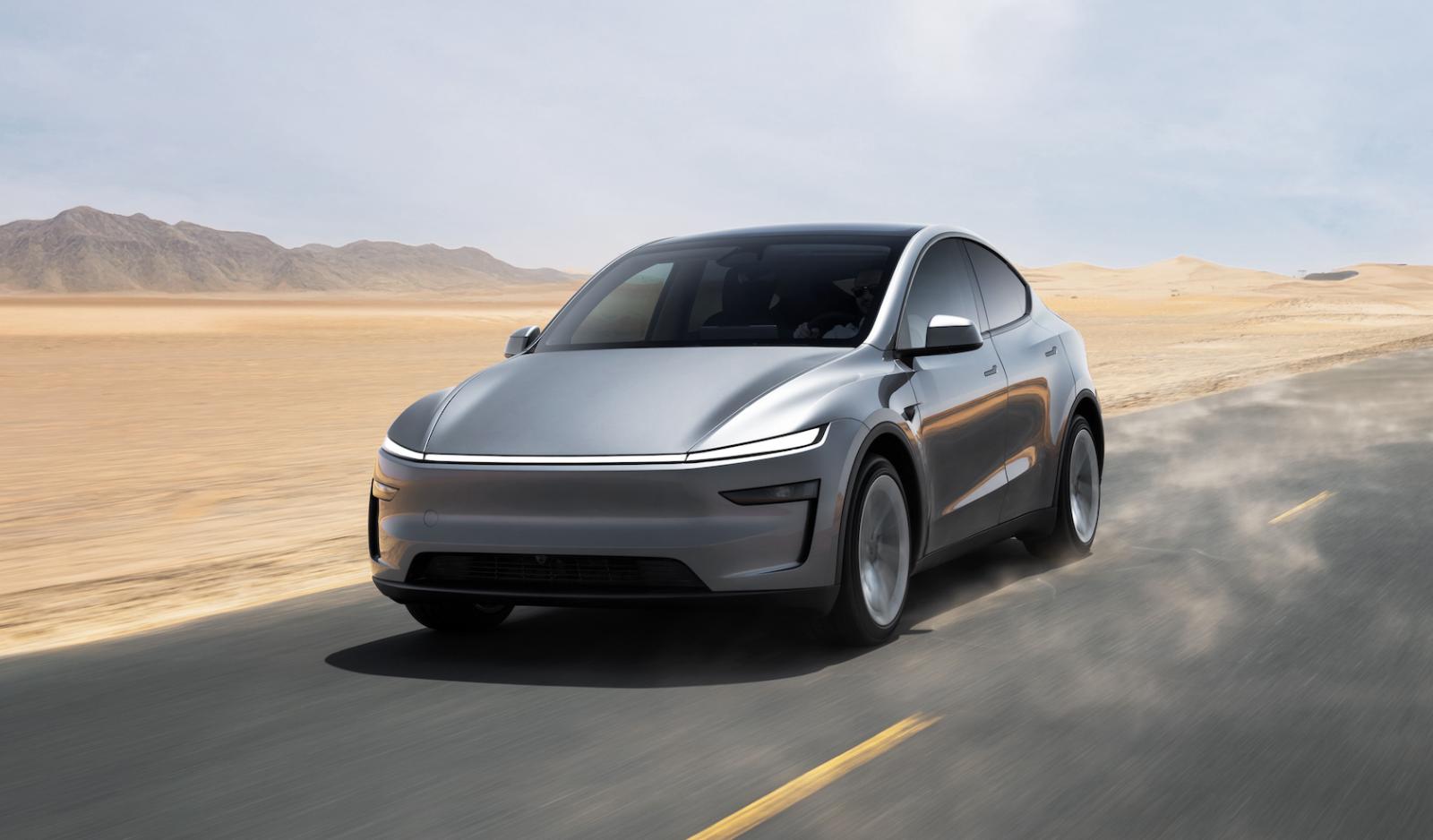New research reveals how drivers’ attitudes to EVs differ dramatically by age. Kwik Fit’s annual study of people’s car buying intentions has found that nearly one in five (18%) drivers aged 18-34 expect to buy a fully electric model next. This compares to just 11% (one in nine) of drivers over 55 who are planning to change their car.1
When looking at low emissions cars more broadly, 42% of drivers aged 18-34 say their next car will be either a battery electric vehicle (BEV) or hybrid – for drivers over 55 the figure is 36%.
Taking UK drivers as a whole, 38% of motorists planning to change their car say it will be to a low emissions vehicle. This figure has not risen over the last two years, despite the rapid growth in new electric car registrations, which accounted for 47% of all new car registrations in 2025 to date.2,3
The study for Kwik Fit, the UK’s leading automotive servicing and repair company, looked into the attitudes which are influencing drivers’ intentions regarding EVs. Although Kwik Fit’s research has previously found that concerns over an EV’s battery life put off many potential buyers, 52% of drivers aged 18-34 said they would be happy to buy a used EV – nearly three times the proportion of drivers over 55 (18%).
In a related finding, some 42% of younger drivers said that used EVs are better value than a secondhand petrol or diesel model of a similar price. In contrast, only 9% of over 55s think this, with 46% disagreeing.
The UK has seen a massive increase in the purchase of Chinese-made EVs, with China’s number one car brand BYD reporting an 880% jump in sales in September compared to the previous year. Kwik Fit’s research shows that this is likely to be driven by younger buyers – 43% of 18-34 year olds said they would be more likely to buy an EV made in China than a Chinese-made petrol or diesel car. Only 14% of over-55s think the same.
Looking at the market more broadly, the shift to EVs is providing opportunities for more car brands to enter the UK. Forty-two per cent of younger drivers (18-34) say they are more likely to consider an EV from an unfamiliar manufacturer than an unknown petrol or diesel car. For drivers over 55, who are arguably more established in their views of car brands, the figure is just 14%.
While the number of drivers intending to switch to low emissions has remained static, some of the perceived barriers to buying an EV have been reducing. Kwik Fit has been tracking drivers’ reasons for not considering an EV, and the most common barrier has consistently been a perception of the restrictions in range. While still the biggest negative factor, the number of drivers citing this has fallen over the last two years, from 41% of drivers in 2023, to 39% last year and 37% this year.
CARLIST THOUGHTS
Over the same period, drivers’ concerns over the availability of fast-charging points have also decreased. In 2023 this was cited by 37% of those not considering an EV; this year, the figure has fallen to 33%. Dan Joyce, operations director at Kwik Fit, says: “This research reveals a multi-speed transition to electric vehicles which varies between age groups. The overall proportion of drivers planning to switch to low emissions for their next car has remained the same since last year. However, our study shows that younger drivers are much more open to moving to EVs – and new car brands – than many older drivers.
